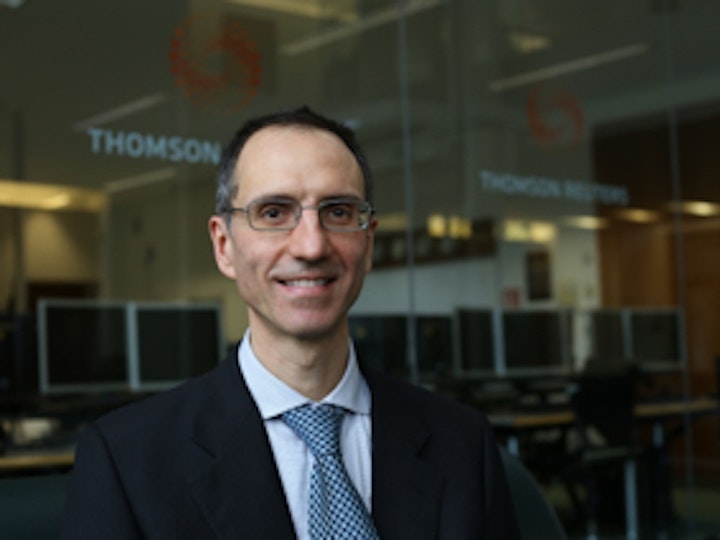ICMA Centre academic gives talk to the European Systemic Risk Board
Dr Simone Varotto gave a talk to an expert group of the European Systemic Risk Board, based on his recently published paper jointly authored with former PhD student of his, Zary Aftab.

The talk on 'Liquidity and Shadow Banking' was presented to an Expert Group of the European Systemic Risk Board at the European Central Bank in Frankfurt.
The Expert Group’s members represent EU central banks and national supervisory authorities. The group focuses primarily on developing macro-prudential policies and on monitoring and assessing underlying financial stability risks related to non-bank financial intermediation, in particular in investment funds and so-called ‘other financial institutions’. Shadow Banking Dialogue sessions involve academics and specialists in shadow banking/non-bank financial intermediation.
Dr Simone Varotto's presentation was based on his recently co-authored paper 'Liquidity and Shadow Banking', which studies the behaviour of money market funds and the impact of liquidity requirements. The paper looks specifically into money market reforms and the European sovereign debt crisis. Read the full paper here.

